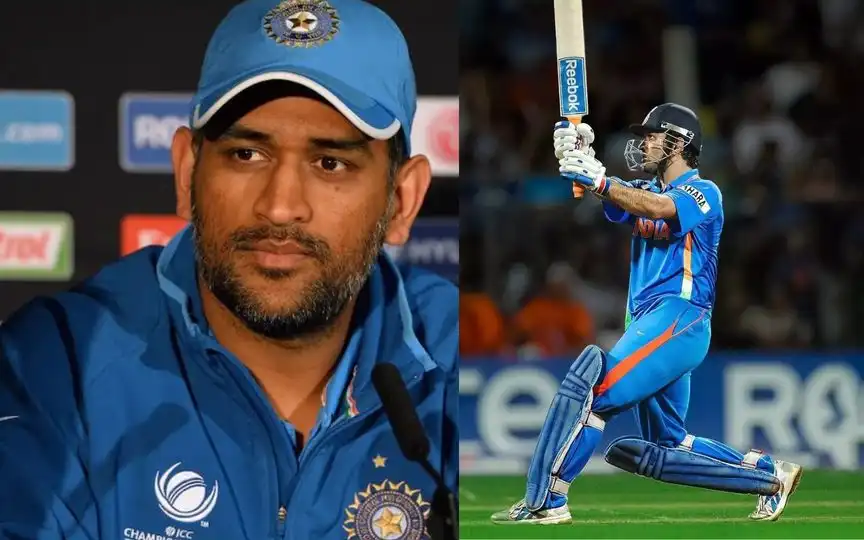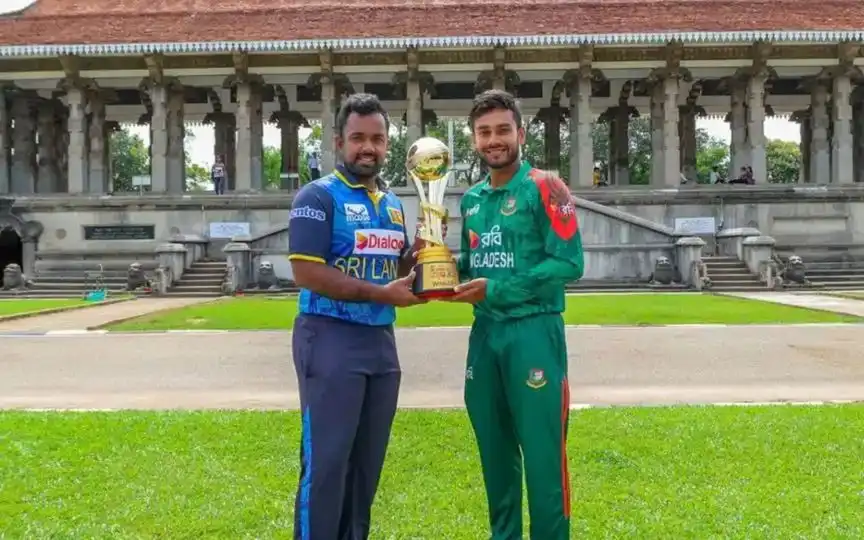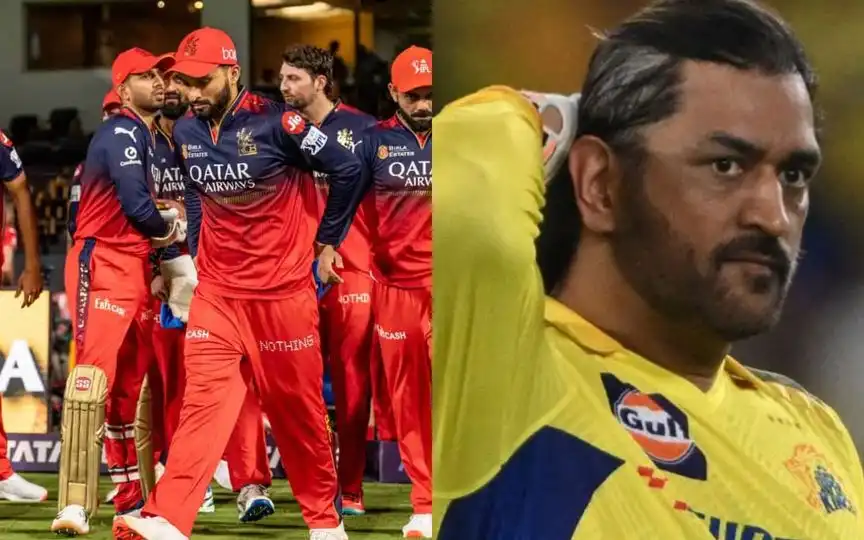![Sourav Ganguly [Source: @TheNameIzzKunal, @RCBTweets/x.com]](https://onecricketnews.akamaized.net/parth-editor/oc-dashboard/news-images-prod/1751958339329_sourav_ganguly.jpg?type=hq) Sourav Ganguly [Source: @TheNameIzzKunal, @RCBTweets/x.com]
Sourav Ganguly [Source: @TheNameIzzKunal, @RCBTweets/x.com]
When Sourav Ganguly stripped off his jersey and waved it triumphantly from the Lord's balcony in July 2002, it was not merely a moment of exuberant celebration- it was an emphatic declaration. Indian cricket had discovered its voice, and it was reverberating with unprecedented audacity.
The man they reverently called 'Dada' had assumed the captaincy in 2000 at Indian cricket's most perilous juncture. The match-fixing scandals had irreparably shattered public faith, senior players were reluctant to shoulder leadership, and the team remained a disparate collection of talented individuals. What Ganguly inherited was fractured; what he meticulously constructed was revolutionary.
The Transformation
Before Ganguly's ascendancy, Indian cricket was synonymous with mediocrity, with flashes of brilliance and a below-par team on most occasions, especially in foreign territories. The team would arrive in overseas conditions almost apologetically, playing not to lose rather than to win. Ganguly transformed that deeply entrenched mindset with remarkable alacrity. His first inaugural masterstroke wasn't tactical; it was profoundly psychological.
"We will win" became his unwavering mantra, and he sustained it with decisive action. Under his leadership, India began winning Test matches away from home with a frequency that had seemed inconceivable just a few years earlier. The statistics are unequivocal: 11 victories in 28 overseas Tests, a record that remained unparalleled among Indian captains for a long time.
The 2001 series against Australia epitomised this metamorphosis. Steve Waugh's seemingly invincible Australians had accumulated 16 consecutive Test victories. At Eden Gardens, with India forced to follow on and confronting a seemingly inevitable defeat, Ganguly's conviction never faltered. VVS Laxman and Rahul Dravid orchestrated one of cricket's most sublime partnerships, but it was Ganguly's indomitable faith that provided the psychological bedrock. India triumphed 2-1, and the perception of the game in the nation changed further.
The Youth Revolution
Perhaps Ganguly's most enduring legacy lies in his exceptional eye for emerging talent and his willingness to nurture youth against conventional wisdom. While critics questioned his seemingly audacious selections, he perceived potential where others saw merely risk.
Virender Sehwag, Yuvraj Singh, Mohammad Kaif, Harbhajan Singh, Zaheer Khan, and even a relatively unknown wicket-keeper named MS Dhoni - all discovered their international footing under Ganguly's protective aegis. When he relinquished his cherished opening position to accommodate Sehwag, it wasn't a sacrifice - it was visionary leadership. The calculated decision transformed Sehwag into one of cricket's most devastating batters.
The Captain's Burden
Sourav Ganguly's captaincy was not without considerable controversy. His personal batting statistics suffered under the considerable burden of leadership; his Test average declined from 45.47 as a player to 37.66 as a captain. Critics persistently questioned his technique against short-pitched deliveries, his fitness regimen, and occasionally his shot selection. Yet statistics illuminate only a fraction of the narrative.
The 2003 World Cup final remains his most distinguished achievement. Few accorded India any realistic chance against Ricky Ponting's dominant Australians, yet Ganguly's team ascended to the pinnacle. They faltered in the final but had secured something infinitely more valuable: respect and self-belief that would define Indian cricket for the ensuing decade and further.
The Unflinching Spirit
When Greg Chappell's arrival in 2005 precipitated public feuds and eventual demotion, many anticipated that Ganguly would fade into obscurity. Instead, he returned to domestic cricket with renewed determination, accumulated runs with characteristic determination, and fought his way back into the national team. His magnificent 239 against Pakistan in 2007 at the age of 35 was quintessentially Ganguly: elegant, resolute, and magnificently defiant.
The Legacy Lives On
Today, when Indian teams arrive in Australia, England or South Africa, they do as equals, never as underdogs. When young players debut for India, they exhibit an aggression and self-assurance that was previously inconceivable. When India triumphs in overseas conditions, it's no longer regarded as miraculous.
Sourav Ganguly bestowed upon Indian cricket something it had never possessed: the unshakeable belief that it belonged among the world's elite. The Prince of Kolkata didn't merely captain a team; he revolutionised an entire sporting ethos, one fearless decision at a time.
As Ganguly celebrates his 53rd birthday today, his legacy continues to resonate through every boundary he struck with audacious confidence, every overseas victory claimed, and the charismatic swagger that accompanied them. The boy from Behala who dared to dream became the captain who taught a nation to believe.




.jpg?type=mq)
